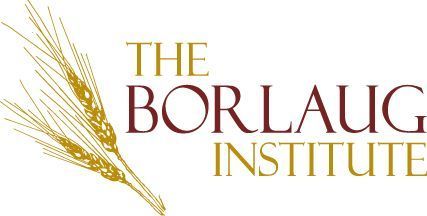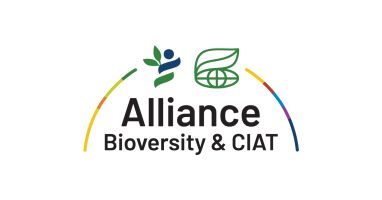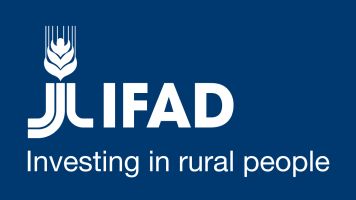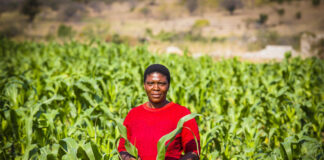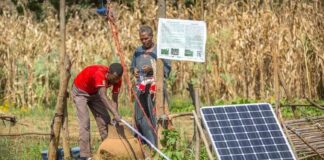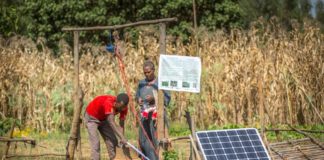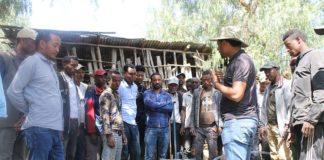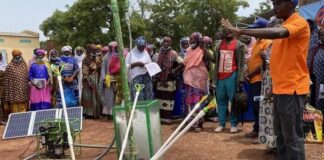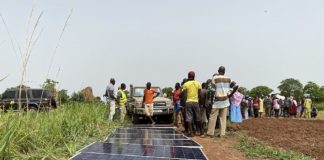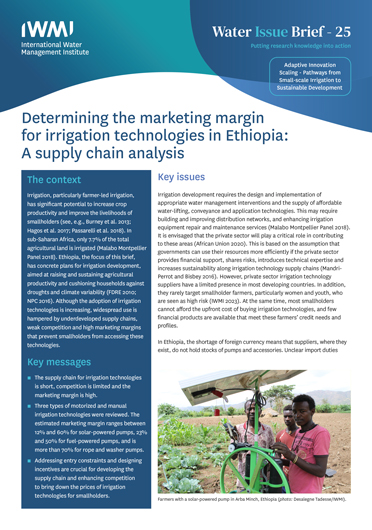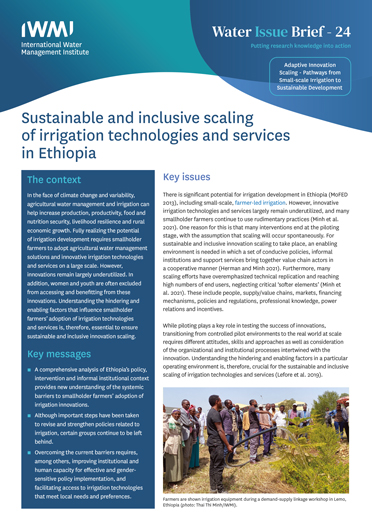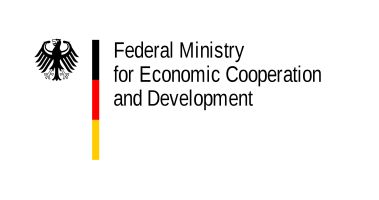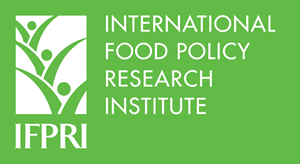Innovation Scaling
Achieving sustainable development requires large-scale system transformation. Innovation is at the heart of this transformation, and in many cases, suitable innovations already exist. What is often missing is the enabling environment to move innovations beyond pilot programs and take them to scale. Innovation scaling is a deliberate and planned effort to enable the use of innovations to have positive impact for many people across broad geographies. Innovation scaling is critical in agriculture and food systems to increase food, nutrition and water security, alleviate poverty and help small farmers adapt to climate change. Despite this potential, many scaling ecosystems are ineffective, and innovation uptake remains limited.
IWMI’s action research on innovation scaling for system transformation focuses on seven areas. These aim not just to identify and introduce new practices or technologies but also to consider ‘softer elements’ such as people, supply chains, markets, policies and power relations that constrain innovation adoption and system transformation. IWMI integrates all the elements to co-develop adaptive, inclusive, affordable and scalable innovation bundles for farmers and other value chain actors. All the focus areas contribute to the broader ambitions of a unified CGIAR to deliver transformational research centered on food, land and water systems in a climate crisis.
Click on the icons on the right to find out more or browse the resources below.
Focus Areas
[sg_popup id=”136761″ event=”click”] Co-developing innovation bundles [/sg_popup]
Co-developing innovation bundles [/sg_popup]
[sg_popup id=”136810″ event=”click”] Cultivating scaling preparedness[/sg_popup]
Cultivating scaling preparedness[/sg_popup]
[sg_popup id=”137005″ event=”click”] Enabling gender and youth inclusion[/sg_popup]
Enabling gender and youth inclusion[/sg_popup]
[sg_popup id=”136805″ event=”click”]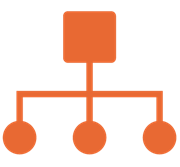 Fostering scaling partnerships[/sg_popup]
Fostering scaling partnerships[/sg_popup]
[sg_popup id=”136990″ event=”click”]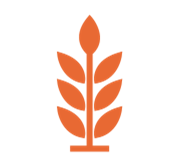 Brokering knowledge for sustainability[/sg_popup]
Brokering knowledge for sustainability[/sg_popup]
[sg_popup id=”137036″ event=”click”] Enhancing capacity for system transformation[/sg_popup]
Enhancing capacity for system transformation[/sg_popup]
[sg_popup id=”137019″ event=”click”] Strengthening and sustaining the enabling environment[/sg_popup]
Strengthening and sustaining the enabling environment[/sg_popup]
Highlights
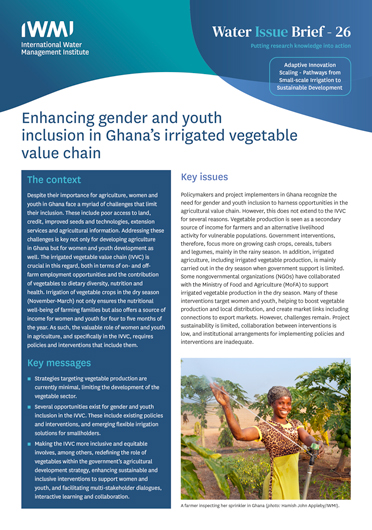
2023
More... [DOI] | Fulltext (3.60 MB)
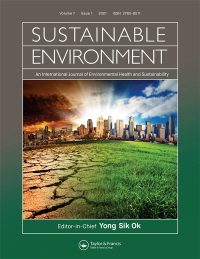
Sustainable Environment, 2023
More... [DOI] | Fulltext (2.25 MB)
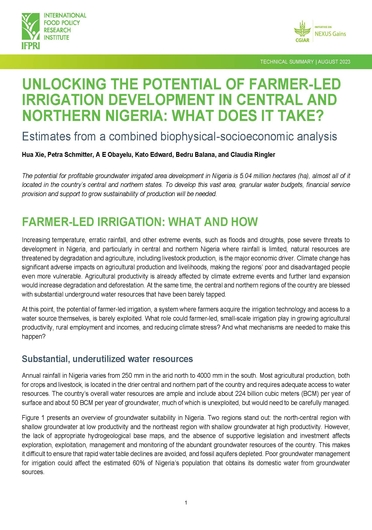
2023
More... [DOI] | Fulltext (629 KB)
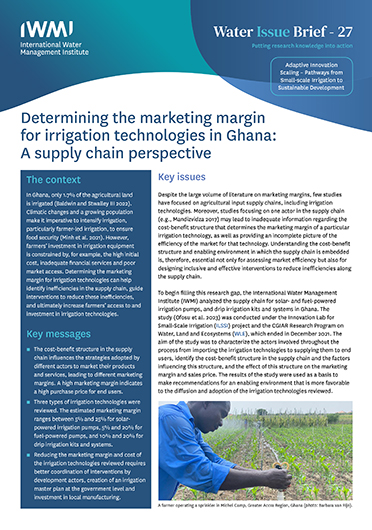
2023
More... [DOI] | Fulltext (1.05 MB)
Innovation Bundle Profiling
Innovation bundles enable different innovations to complement one another and be adapted to new contexts. The scalability of a bundle is measured by its ability to adapt to the context in which it is being scaled, respond positively to any system changes and bring about intended outcomes. Profiling helps to assess the scalability of an innovation bundle and thereby design the best-fit scaling strategies. Innovation bundle profiling includes 1) characterizing the innovation bundle, 2) assessing and enhancing the bundle’s scalability and identifying partnerships to scale the bundle, 3) providing a foundation and inputs to design the scaling actions as well as learning and synergies across work packages, and 4) enhancing the reflexivity of the intervention process to ensure that innovation bundling is participatory, that there are ambassadors for the innovation bundling process, and that financial and human resources are dedicated to the scaling process.
Potential for Solar Photovoltaic-based Irrigation
An interactive online tool to identify suitable areas for solar-based irrigation depending on water sources, soil and land characteristics, market proxies and pump characteristics across sub-Saharan Africa. The solar suitability mapping framework was developed using a GIS-based multi-criteria evaluation technique and implemented by combining spatial information from a number of geospatial drivers for solar-based irrigation.
Analyzing the Enabling Environment to Enhance the Scaling of Irrigation and Water Management Technologies: A Tool for Implementers
Designing scaling strategies that are adaptive to context and available resources requires an understanding of the enabling environment in which the scaling processes are embedded. This can be achieved by conducting an analysis to identify enablers and hinderers influencing farmers’ adoption of irrigation and water management technologies and introducing measures to ensure success. This tool provides implementers with a structured guide to carrying out this analysis.
Considering Gender When Promoting Small-scale Irrigation Technologies
Many actors promoting irrigation technologies in low- and middle-income countries want to ensure that men, women and different social groups have equal opportunity to participate in and benefit from irrigation but are uncertain how to do so. This tool provides a set of questions to assess gender dynamics in irrigation in a specific context.
Water Accounting+
Water accounting integrates hydrological processes with land use, managed water flows and the services that result from water consumption in river basins. Its objective is to achieve equitable and transparent water governance for all users and a sustainable water balance. The Water Accounting+ tool provides independent estimates of water flows, fluxes, stocks, consumption and services.
The Farmer-led Irrigation Development Guide: A What, Why and How-to for Intervention Design
Farmer-led irrigation development (FLID) holds significant potential to safeguard domestic food security and strengthen farmers’ ability to recover from shocks and adapt to a changing environment. The guide aims to provide governments with practical strategies to catalyze FLID and scale it up, making it a faster, more sustainable and inclusive process.
| Name | Role/expertise | Country |
| CORE SCALING TEAM | ||
| Dr. Thai Thi Minh | Innovation system scaling, multistakeholder dialogues, enabling environment, policy | Ghana, Mali, Nigeria, Ethiopia, Zambia, Nepal, Vietnam, and other countries |
| Dr. Petra Schmitter | Agricultural water management, hydrology | Ethiopia, Tanzania, Ghana, Kenya, Zambia, Mali |
| Hauke Dahl | Private sector financing | Ghana, Ethiopia, Mali, Zambia |
| Abena Ofosu | Private sector partnerships, innovation grants and scholarships, irrigation supply chains and services | Ghana |
| Dagmawi Mekonnen | Enabling environment, multistakeholder dialogues | Ethiopia |
| Dr. Munyaradzi Junia Mutenje | Impact assessment, cost-benefit analysis, innovation scaling, agricultural marketing and value chain analysis | Zambia |
| Dr. Mirriam Makungwe | Innovation Scaling, capacity strengthening | Zambia |
| Winnie Kasoma-Pele | Research Officer – Innovation Scaling (AICCRA Project) | Zambia |
| Dr. Muluken Elias Adamseged | Innovation scaling, institutional and social innovation, value chain for development | Ethiopia |
| Dr. Mirja Michalscheck | Natural resources management, innovation scaling, smallholder farm systems, microfinance | Ghana |
| SUPPORT FUNCTIONS | ||
| Dr. Marie-Charlotte Buisson | Socioeconomic analysis, agricultural economics | Mali, Ethiopia, Niger, Bangladesh |
| Dr. Fitsum Hagos | Socioeconomic analysis, agricultural economics | Ethiopia |
| Dr. Mansoor Leh | Water accounting, suitability mapping | Sub-Saharan Africa |
| Likimyelesh Nigussie | Gender expert, institutions | Mali, Ethiopia |
| Dr. Paul Pavelic | Groundwater hydrology | Laos, Nepal, India, sub-Saharan Africa |
| Shilp Verma | Water-energy-food nexus | India |
| Dr. Inga Jacobs-Mata | Director of Water, Growth and Inclusion | Southern Africa |
